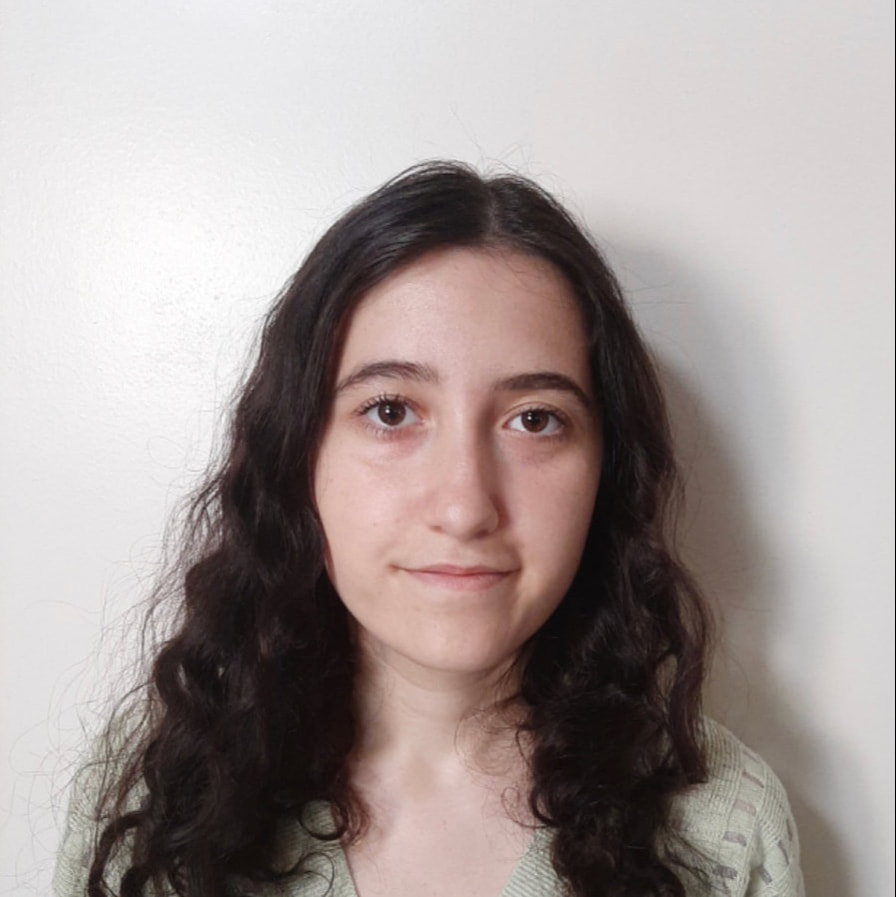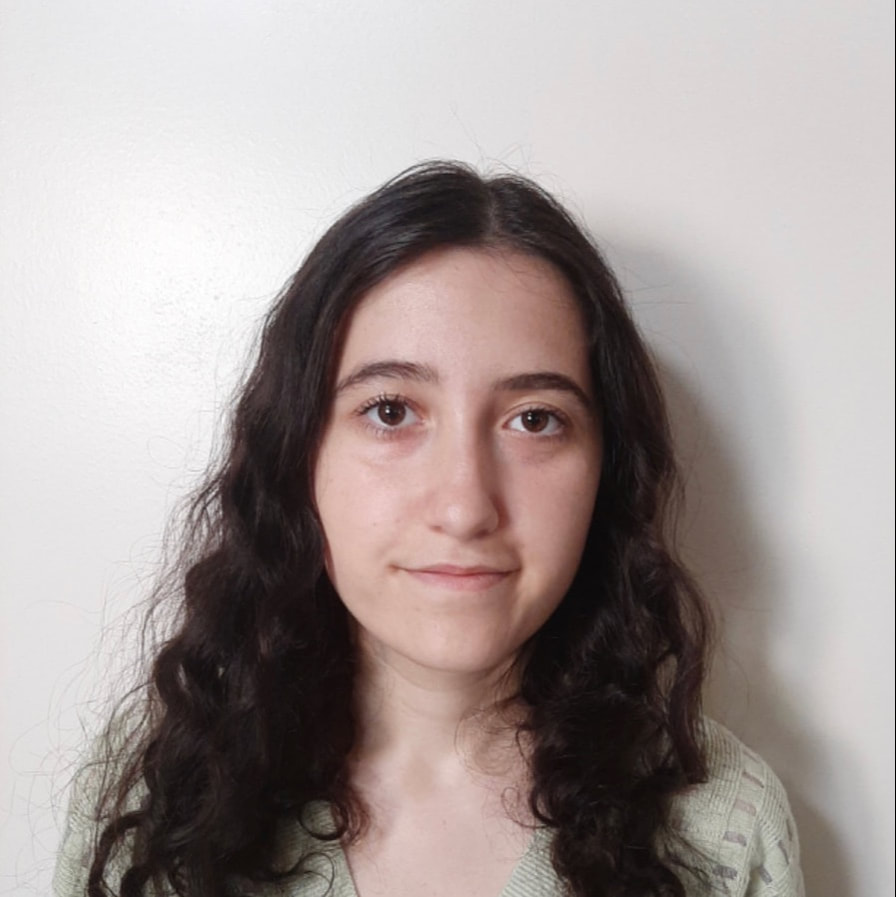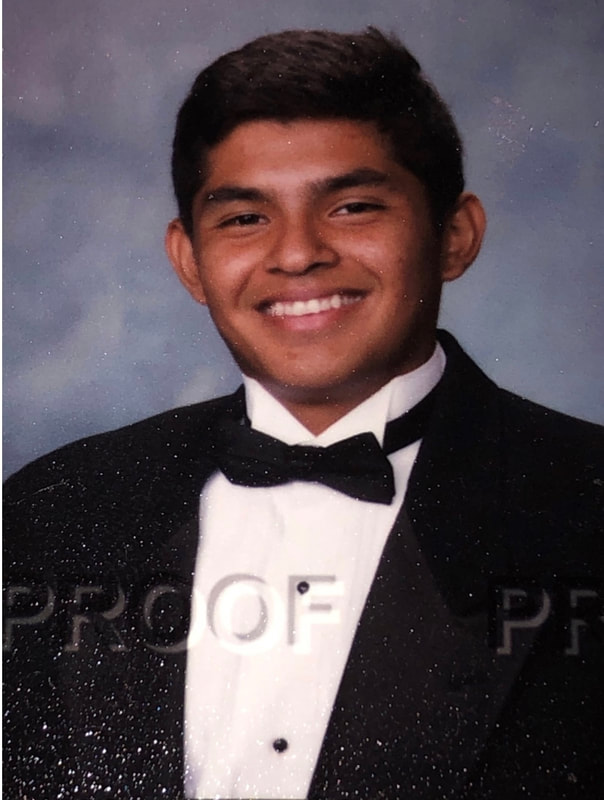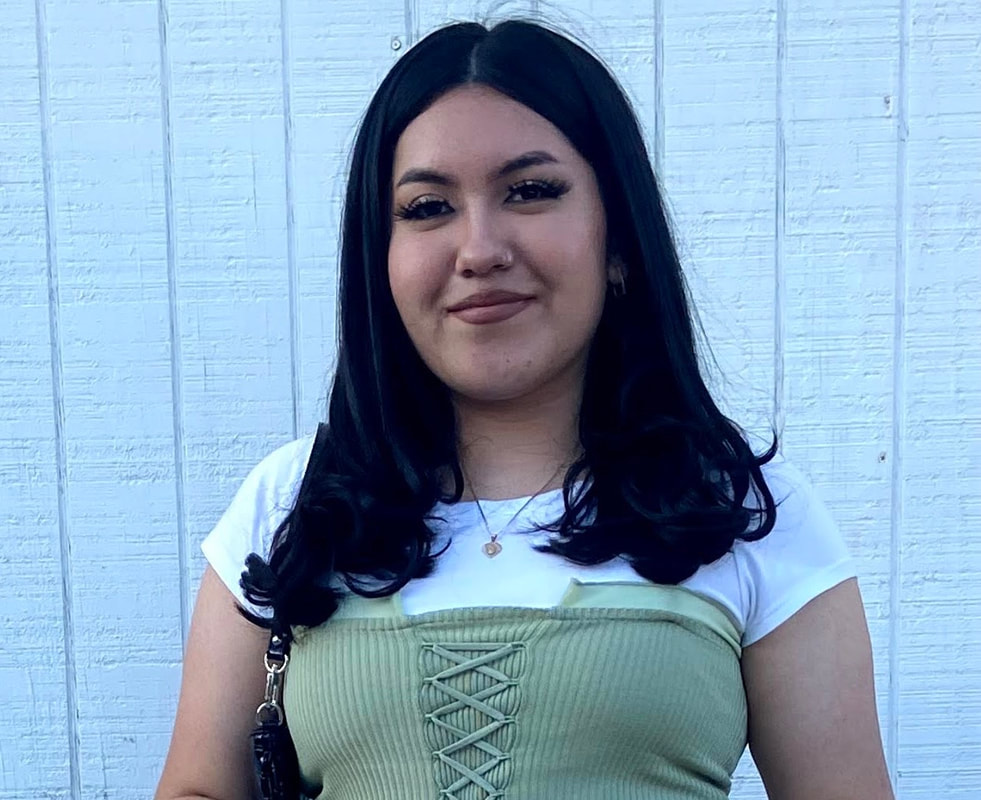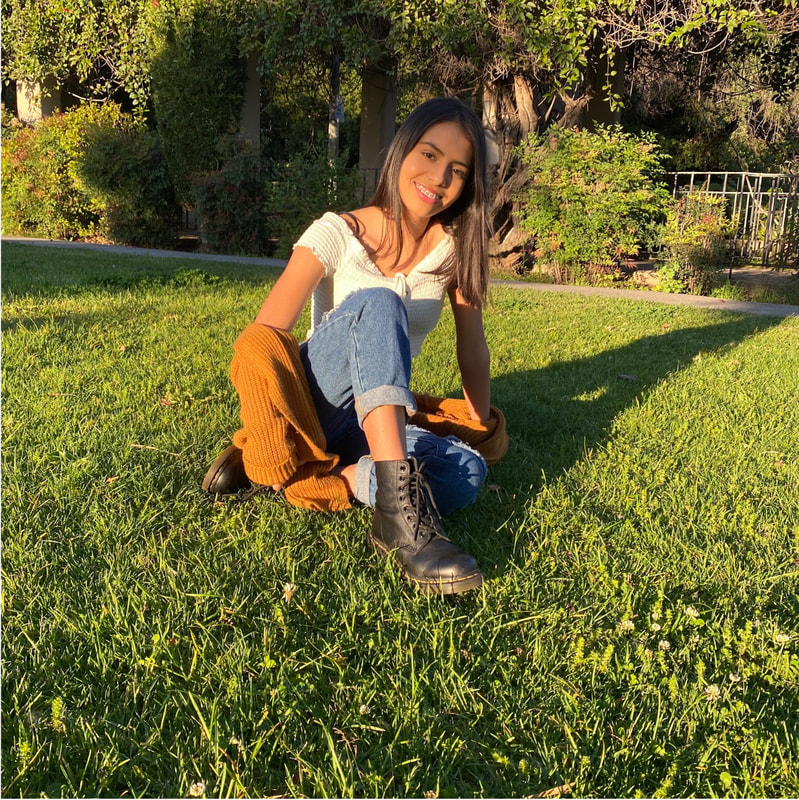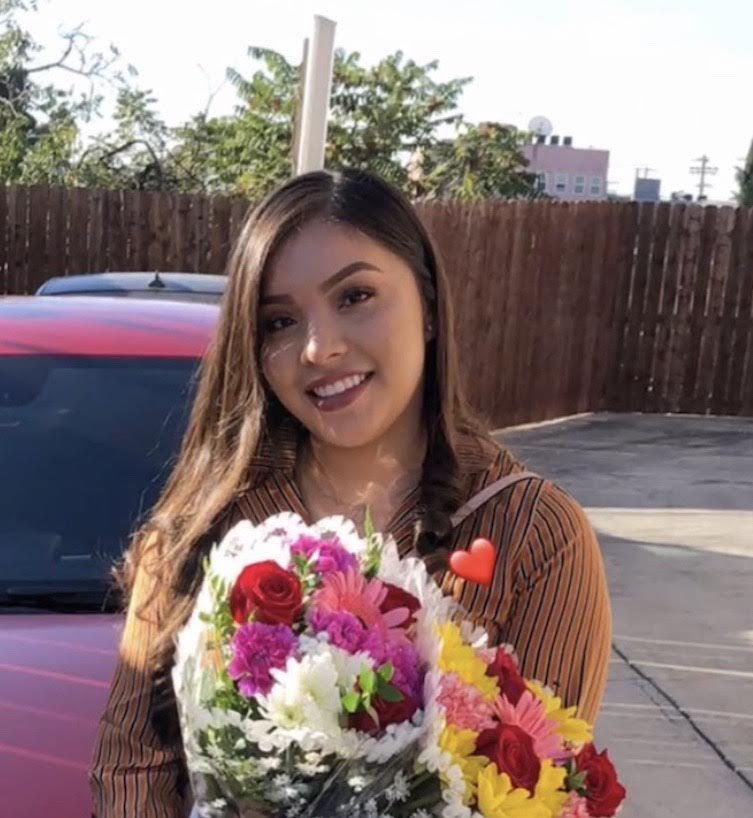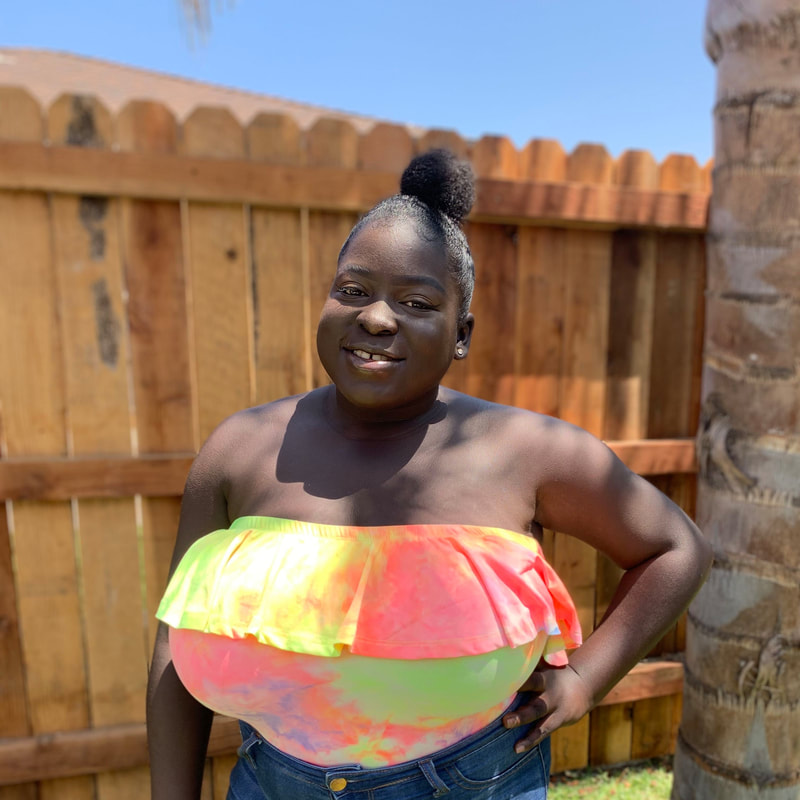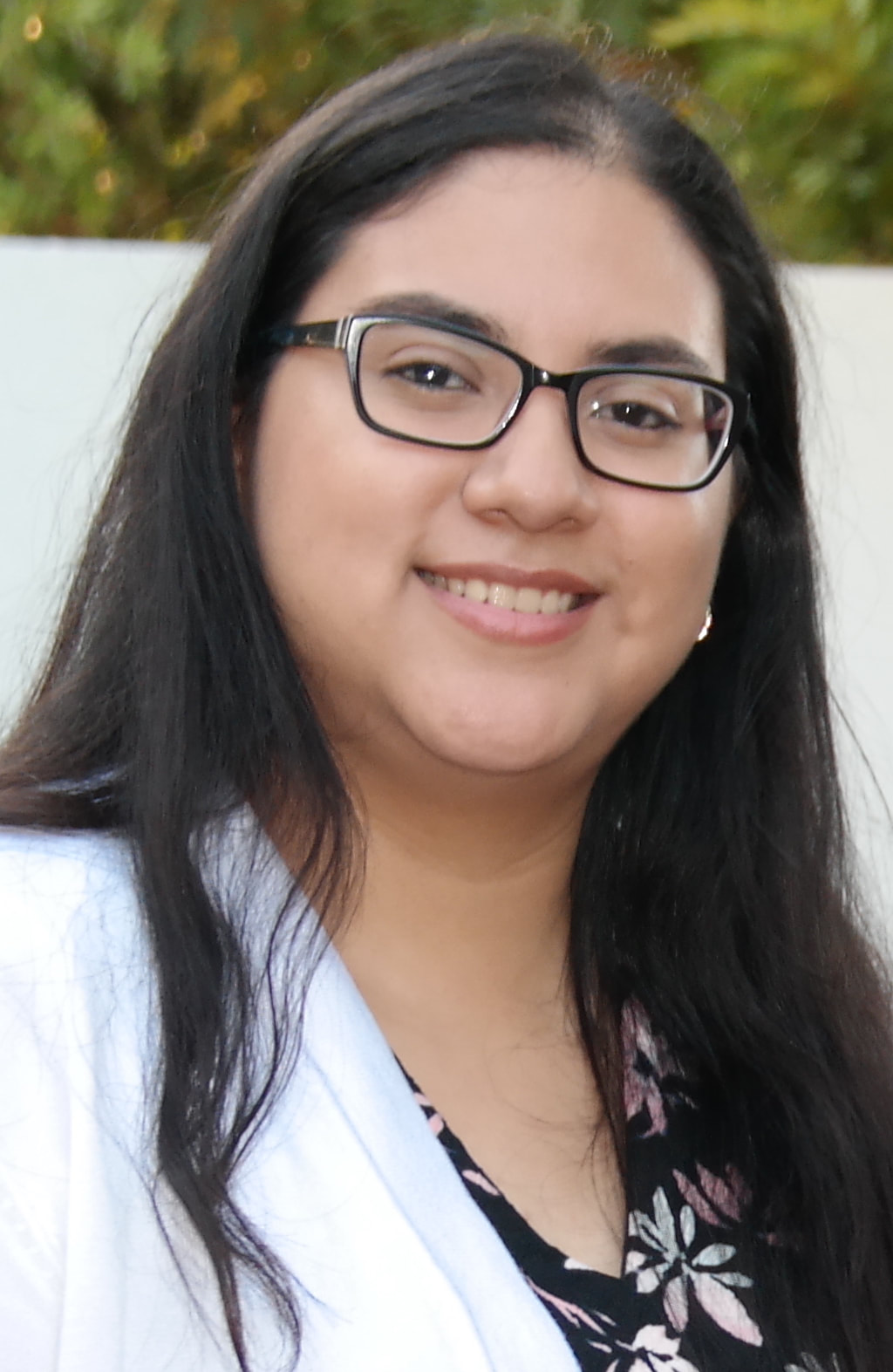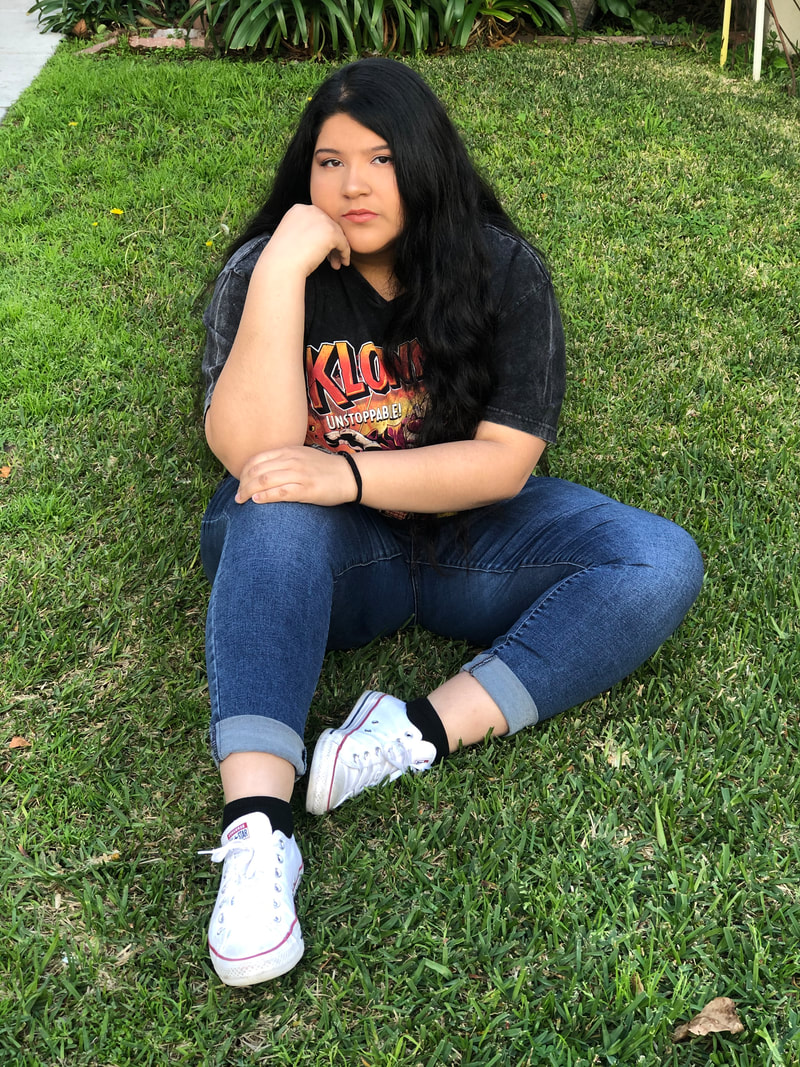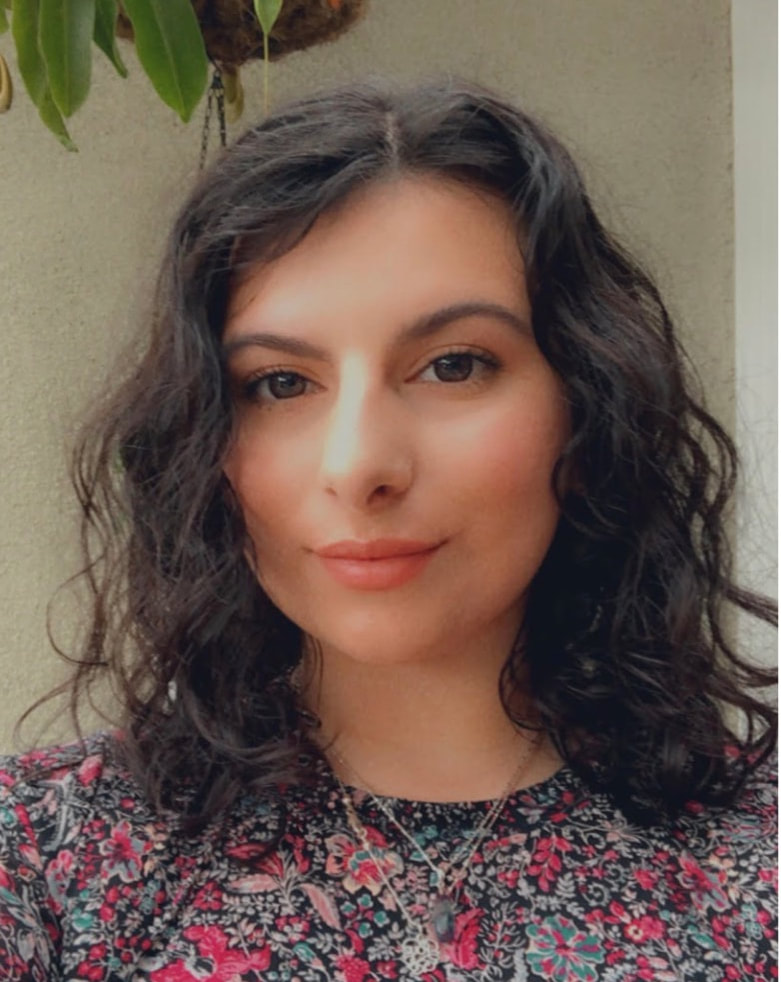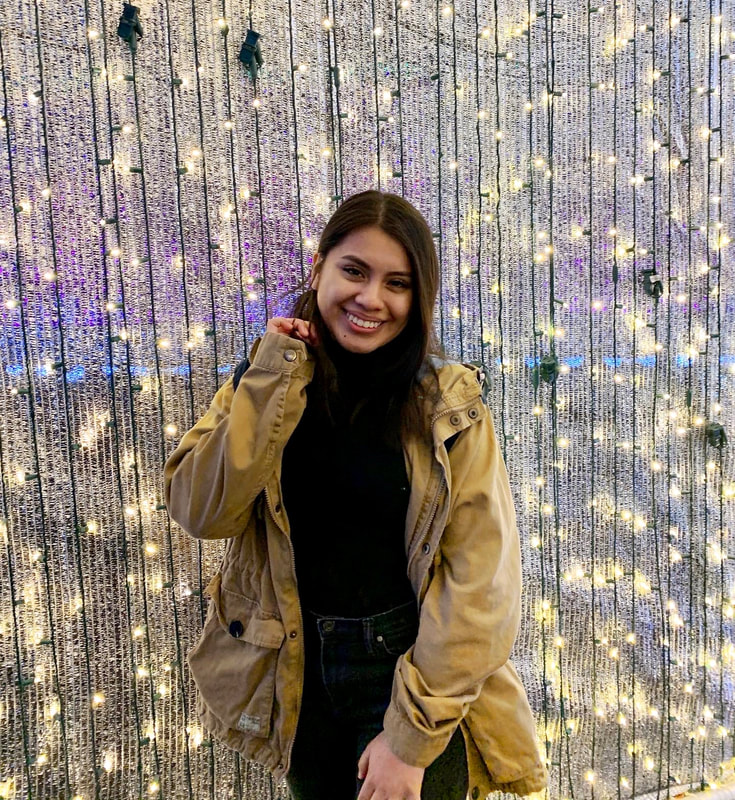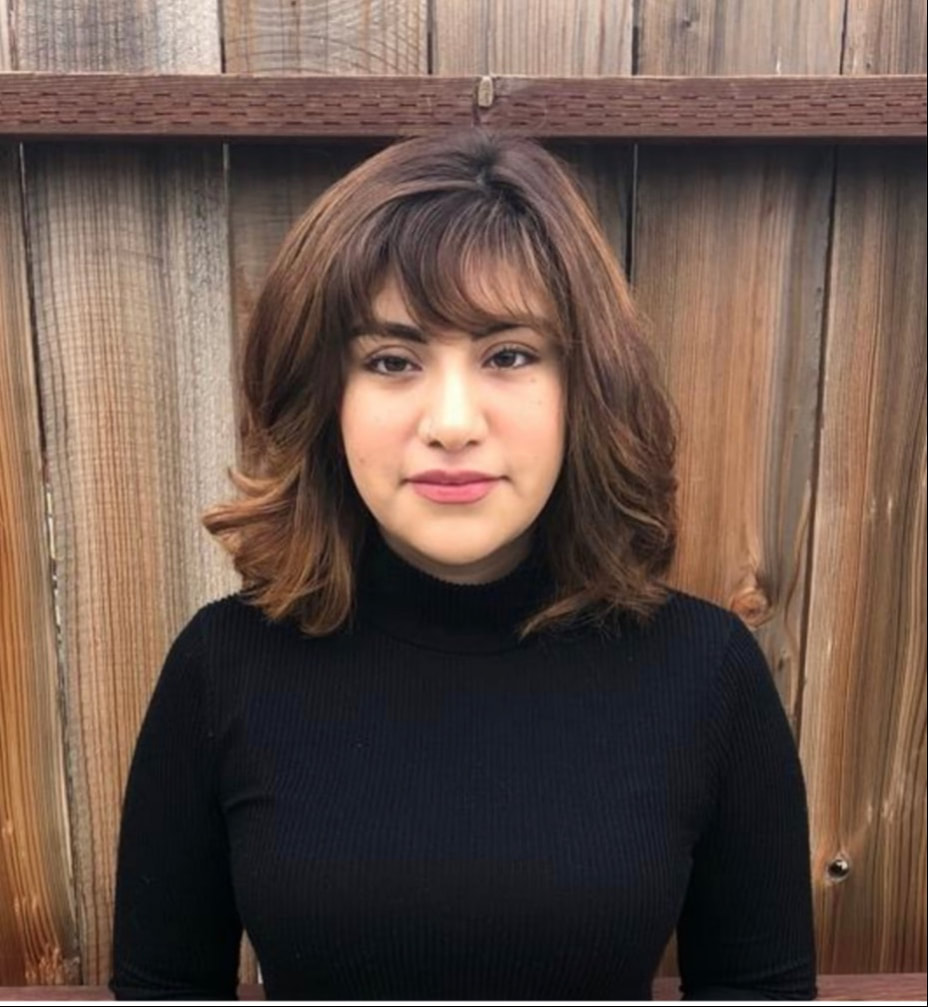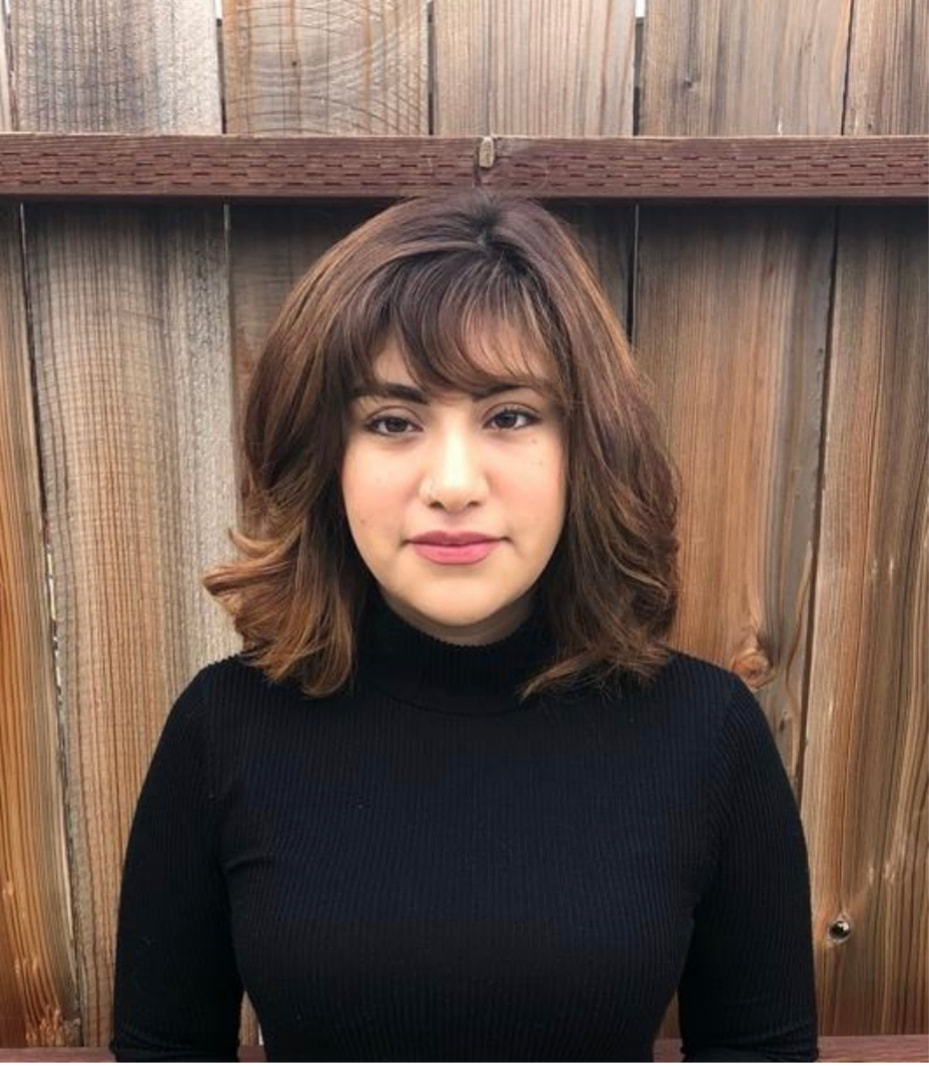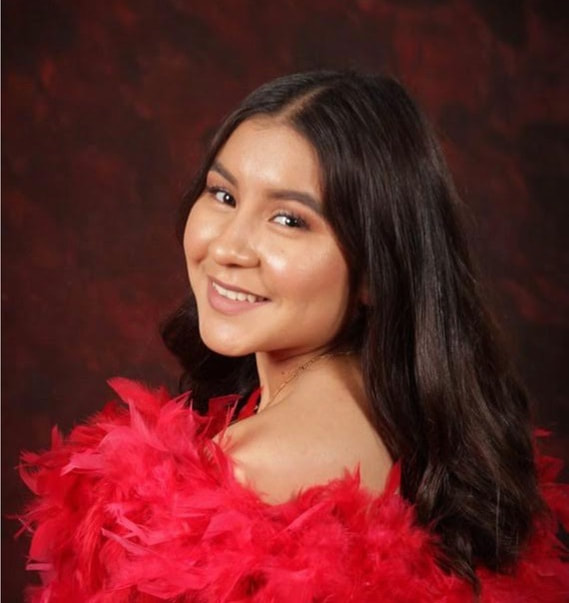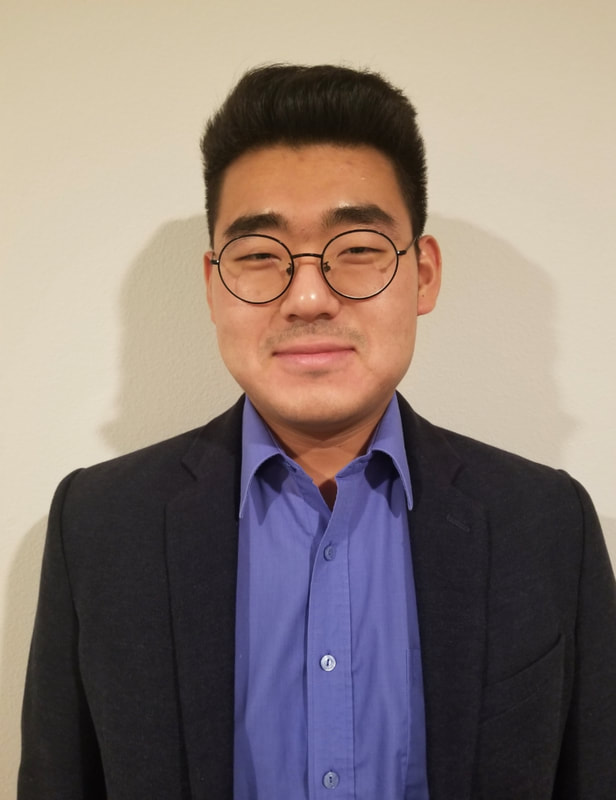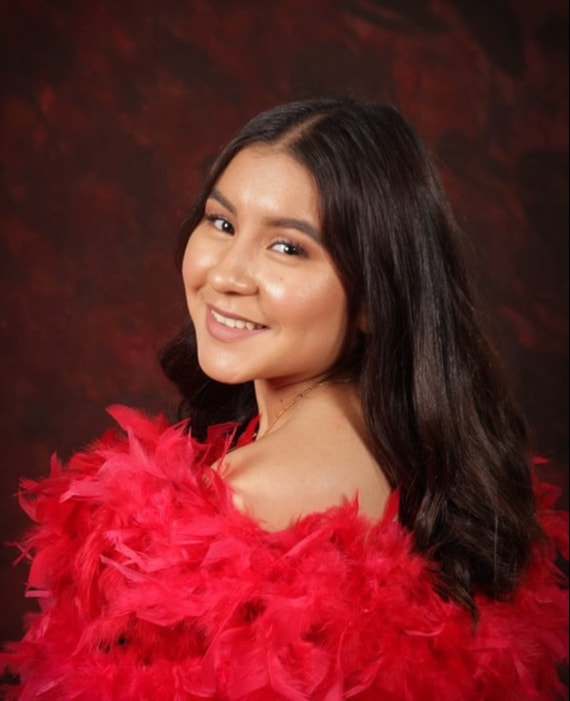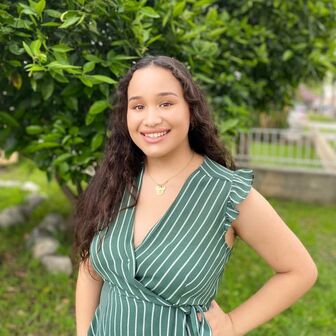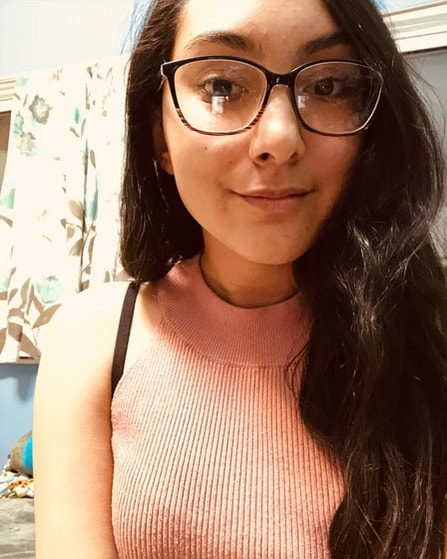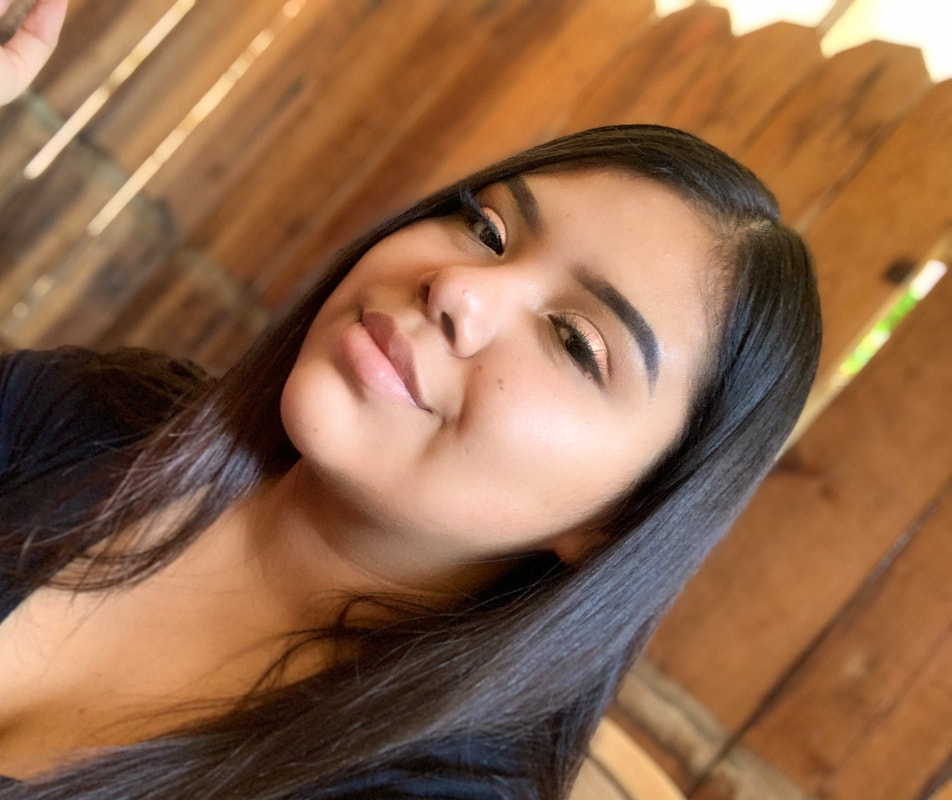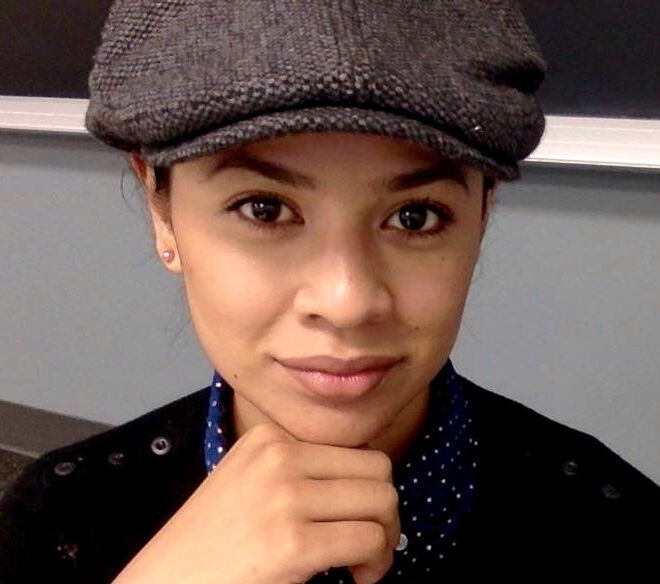AbstractThis paper examines the documentary Reparando by Scott Owen Moore and Voices Beyond the Wall by Brad Coley. The paper examines the detrimental effect of historical events, such as a Civil War can have on the countries of Guatemala and Honduras. I analyze how these documentaries showcase many of the social issues faced in these countries come from a Civil War and a history of colonization. It is important to know the negative effects that international countries have on Latin American countries. I argue that poetry, religion, and community building could all be outlets to redefine an environment and create a positive change. The people in these documentaries were able to use these outlets in order to heal and create a better environment. It highlights the importance of activism and resistance against the issues presented. I believe that different environments and certain life circumstances can be a problem because they create obstacles for people and deprive them of many resources in order to reach their full potential; however, with the help of community building and redefining their situation, they can achieve happiness.
abstractThis paper analysis of the book One Day of Life by Manlio Argueta showcases the social hierarchy present in El Salvador and allows those in power to create oppression and commit human rights violations against the people. The government used many tactics, such as violence, religion and fear, as a way to stop people from revolting. These tactics were used as a way to force civilians to conform and accept the lower position in hierarchy that they were given.I will explore the negative role the United States played in assisting the government of El Salvador during the Civil War. The U.S. enabled the government to commit horrific war crimes and human rights violations against its civilians. A close look at many details in, One Day of Life, reveals how there is a social hierarchy and an imbalance of power, which in turn impacts the problems people face in El Salvador; consequently, leading to the oppression that took place during the Civil War.
abstractIt is difficult to express how hard it is to adapt to a new place where you do not even know the language. However, regardless of all of this, one must not give up and should demonstrate to themselves how far they can go. Nevertheless, I enjoy creating poetry that depicts how I feel about everything that I have or had to go through. AbstractOver millions of people from different countries around the world migrated to the U.S. for better opportunities or as an escape from the violence left due to past wars. These people face challenges by adjusting to a new environment and different societal expectations. With this transition into a new life comes the ongoing challenges they face with transnational identities. In my paper, I discuss how two transnational poets, Yesika Salgado and Javier Zamora, used their work in poetry to bring to light societal issues that many people with transnational identities face living in the U.S. through their own experiences in life and how they demonstrated the importance of representation in the work of literature for transnational poets. I also discuss cultural issues, like Marianismo and Machismo, that Salgado and Zamora feature in their work, which is seen as ‘inappropriate’ in the Latin(x) community.
AbstractSome men treat women horribly and some women treat women horribly as well. In my lifetime, growing up with my mother, I saw her get mistreated as if she wasn’t good enough. Having to grow up being around that negative energy made me very upset and angry with the world. The reason why it made me feel that way is because women are more than what society makes them seem. Women have the same power as men to be whatever they want, work in whatever job they want, and they have the power to be successful just like everyone else. Women shouldn’t be discouraged just because someone tells them they cannot be great in their life. Being a woman is a difficult, untold story, but when it’s told--it’s the most beautiful story.
AbstractOur society has portrayed a “perfect picture” of what they believe a relationship should consist of. Female’s in different cultures feel like their options are limited, due to the backlash they obtain from others. My essay focuses on the different literary devices addressed in, Corazón, to demonstrate how machismo still plays a huge role. The book is written by a Salvadoran author, Yesika Salgado, who makes poems about her love stories and the impact it had on her identity. No one should feel the need to seek others validation because no matter how much you change for a person you will never be enough.
AbstractEl Mozote was a small village in Central America and it was attacked by their own soldiers. The soldiers killed the people in the village and left their bodies there to rot until later were picked up by rescued family members. The women and kids were crying for their help. My poem is told through the eyes of a mother who is locked in her own home afraid of what might happen next and begging for mercy to let her children survive.
abstract
The poem "The Marathon Continues" is really an inspiring poem. This is a poem that I relate to and not only just for me, but for everybody who is from Los Angeles, California. We may not have the same stories or the same background, but what we do know is is that we're from the same city. Everybody has their own story and background, but my story is a girl growing up in South Central, California with parents who are Central American and grew up struggling. My form of art started when I was young. I knew I was really creative because I had all these ideas in my head that I wanted to create. I wouldn't focus on just one thing. I like to play around with different things, but really I didn't get serious until my teenage years. Writing poetry was a form of expression mainly because that was how I could express myself as a teenager. As I got older and mature, I began writing about life challenges as an adult. That's were my inspiration came to play and not only that, but being Afro Latina. I wanted to educate people and hopefully I can be able to educate more people who can relate.
AbstractCentral America has been a region that has been affected by much turmoil; however, it’s easy to just blame wars and political conflict as causes. If we do that, it’s an incredible injustice to the people suffering due to an infinite number of factors they have no say in that include poverty, elitism, and systematic oppression. It is for this reason that the works of Honduran writer Roberto Sosa are so impactful. In the form of poems, he gives the reader an impression that there is something beyond the idea of war that causes problems for people. Given that, Honduras has been a country without much foreign conflict. Sosa shows how the lack of accountability, opportunity, and future is in fact creating Honduras’ biggest enemy, hopelessness. “The Missing Stairs” is a poem written about the Honduran children losing hope without even knowing it. He further explores how the system has let the newer generation down. In this essay, I will explore how the facts that Sosa presents in this poem, written in 1983, still have an impact in modern day, and support his critique with the truths Jesuit priest J. Guadalupe Carney was exposed to in Honduras.
AbstractLos Angeles, the City of Angels as many people would describe it. A city where dreams are meant to come true, where the fresh faces of diversity can be seen as you walk the streets at any time of the day. My city has been a huge inspiration for my art, the city where I was born and raised in. Despite the beauty we see from afar of the city of dreamers, many struggles can be found within the city as people try their hardest to push forward and live another day. My work demonstrates my perspective as I walk through my neighborhood and see the many struggles my people are facing on a daily basis. Poverty, racism, and homelessness are just the few struggles we face when living in a large city. I love to use animals to symbolize the hardships people face, as a way to bring me back to the animal kingdom and see how a wolf or a poisonous snake can signify what we see in the city. Los Angeles is a beautiful city with a deep, rich, and meaningful history and I use my community as my main motivation. I’ve experienced and witnessed the hardships and hope to shine a light brighter on my community to continue fighting our battles and remind us that we are capable of so much. To not get blinded by the immense beauty of the city but to spread awareness on the many issues people in Los Angeles deal with.
Abstract
Sporting events are not immediately associated with religion or politics, but the ancient ball game played across Mesoamerica changes this notion. My paper analyzes the various ways different cultures of Mesoamerica morphed the ball game to suit their needs: socially, politically and spiritually. For Mesoamericans, this ball game was tethered to the cosmos above, ultimately playing a hand in life and death. I use references made in the Mayan council book, “Popol Vuh”, to illustrate the religious aspects of the ball game and its impact on daily life. The ballcourts of Mesoamerica brought both entertainment and power to its players and believers. AbstractI selected to write a poem because poetry stimulates our brain to feel emotion. I hoped that by writing a poem, my words would have an emotional impact to the reader and be remembered. I want readers to feel the pain and agony of the Salvadorian citizens who had to survive El Mozote massacre. My poem used literary devices such as rhyme scheme and pathos. "The Miracle Who Survives" is a poem about a child who is hiding away from the Salvadorian Army and is frightened that he would be the next victim. However, he is determined to be brave and create change for the state of the country.
AbstractTo gain knowledge of a civil war, one must take time to develop understanding of the cause and the different perspectives on it. One way to do this is by reviewing testimonials. My paper provides historical research and the value testimonials have by challengingthe narrative portrayed by the elite and serve as a form of resistance and activism. I focus on the exploration and surfacing the perspective of El Salvador’s civil war through the eyes of poor indigenous groups by forming the analysis based the formalistic and historical approach. The analysis of Civil War in El Salvador will consist of text, “Microbus to San Salvador,” by Manilo Arugeta, which tells the story of genocide in the Central American country which reveals deeper meaning of daily dangers of life in the region and the lethal consequences of telling a controversial story. My endeavor is to give value to testimonials as it relates to speaking up on real life experiences of being a target and unwanted on the land your ancestors walked on prior to colonization
ABSTRACTThe consequences of civil war are complex and often goes ignored. By exposing the thoughts and experiences during the critical time can lead to a better understand the aftermaths of war such as: living in poverty, dealing with grief, and desensitized by death. Thus, the essay exposes the trauma and social issues through the perspective of women in a post war society by using feminist and sociological approaches. The paper provides analysis of literature written by women who have experienced the consequences of the civil war in Central America and gives insight through their writings. Therefore, the literature used to reflect on the social and psychological effects of war and grief are, La Familia O El Olvido: Family or Oblivion, by Elena Salamanca which is compilation of poems and short stories to reveal the struggle women faces post war as it compares to “Highway Without an Ox,” by Claudia Hernandez, an article describing the extent grief can go. The purpose is to address the life after civil war to those who are neglected in society.
AbstractThe journey that many migrants take to reach the United States is filled with pain and agony. Not only must people face tough weather conditions, but there is also border patrol, hunger, dehydration, extortion, and so many factors that make the journey so life threatening. El Viaje tells the story of the journey people make in the perspective of someone making this difficult trek to reach a better life. Religion and Revolution: The Role of Christian Base Communities (ECBs) in Community Organizing5/13/2020
AbstractSuffering under the military rule, El Salvador underwent a decade-long civil war and revolutionary struggles. A key component which led to people's mobilization is liberation theology, a theology which calls for the liberation of the poor and oppressed. Rather than telling people to endure all sufferings on earth and wait till the glory of afterlife, it emphasized upon the preferential treatment of the poor, teaching that the church must take an active stance against social injustices and stand on the side of the masses. Its teachings were materialized into the Christian Base Communities (ECBs), Catholic communities which were run by lay, ordinary folks who not only conducted bible studies, but took their messages and drew connections to their social realities, empowering everyday people to organize among themselves and believe in their power to enable social changes.
AbstractLos Años Marchitos, a novel written by Rafael Menjivar Ochoa, features an unnamed radio voice actor whose recording project has recently ended, leaving him on a bind as to how he will make a living until the next project arrives. Drawn from a presentation script written for the 2019 Annual Central American Symposium: Memory and Imaginaries of the Future, this presentation focuses on the marginalization of those in the working force at large, with specific characterization of a radio actor who is at the mercy of el calvo (the bald guy) to get by on a daily basis. The theme focuses on how one becomes a foreigner to his or her own works of art while those in privileged positions claim the credit, leaving an average audience to be entertained by a final outcome without any knowledge of original creators and those who toiled behind the scenes.
AbstractDiaspora, a dispersion of a population from a focal point to peripheral areas, is defined by Safran to hold the following characteristics: an inheritance of memories of homeland from one generation to another, a longing to return home, a feeling that one does not belong in his or her host country, and a collective memory which remains specific to an ethnic group. The concept is explored and brought to life via interview with Lorena, a migrant from El Salvador who maintains her sense of presence in her homeland through WhatsApp, enabling her to have weekly video chats with her mother back in her place of birth. This ethnography examines ways in which digital communication shapes and embodies the Salvadoran experience in the US.
AbstractMigration is a movement of people from one place to another, a movement which occurs due to multiple causes andfactors. Whether they migrate for better economic opportunities, access to education, freedom from political and/or religious persecutions, a migration from one's home country to another comes with a cost. The Salvadorans who came to the US felt a longingto stay connected to their homeland and aspired for a day to return someday. They did so by staying in touch with their loved ones and hometowns via transnational communications, starting with letters and call operators to the social media and WhatsApp today. Along with the interview, this paper examines the history of transnational communications between Salvadorans in the US and El Salvador, delving into how their use of modern-day telecommunications reflects Safran's understanding of diaspora -a retention of memories and a yearning to return home.
AbstractThe Golden Dream, directed by Diego Quemada-Diez, follows the journey that four young teens take across Mexico in hopes of reaching the United States. Quemada examines the reproductive choices for women, the role of narcos and coyotes, la bestia, and the divide amongst indigenous and ladino peoples. This film is vital to watch when it comes to establishing a better sense of the long and life risking journeys that our people have to make to reach El Norte. AbstractThe Popol Vuh is regarded as one of the most ancient and sacred texts created by the Mayan civilization in an effort to preserve their collection of stories and history during the era of Spanish conquest. With the oppression of Mayan descendants and indigenous people being discussed in this essay, it is important to revitalize their historic heritage in order to counteract possibilities of cultural erasure. My paper goes in depth about the literary context of the Popol Vuh and explains why the preservation of the Mayan civilization’s legacy is important to Latino culture, community, and consciousness.
AbstractMoving into an unknown environment isn’t the easiest decision to make especially when there isn’t anyone to give a push to be on our feet. This struggle is mostly seen within the Immigrant community who freshly join the United States for permanent residence. Those would often feel the pull in choosing sides of Individualism vs. Community; since it is not easy carrying both cultures, especially while living in fear of being deported. Culture is a huge piece when it comes to letting anyone find their own identity, culture could also change over time which allows people to feel colonize. When another person looks and judges one’s identity, they use what they see in front of them, however, the truth is that it comes from one’s own feelings on the inside.
ABSTRACTThe Popol Vuh is one of the few pre-Contact indigenous sources of Meso-American history and mythology before the Spanish Conquest. While the historical content of the book is currently studied as a primary source to help reconstruct the history of indigenous Meso-America with an unbiased perspective, there is little examination of the various translations of the text and its influence on modern literature of Central America. I will first examine the motivations of the initial writing of the Popol Vuh and the subsequent translation of it throughout the decades since its inception. Then, I will examine the usage of the Popol Vuh in Latin American literature, with Central American authors using it to foster nationalistic pride while indigenous authors using it to foster indigenous pride in their communities.
AbstractLiterature is a big branch that covers many artists from different cultures. I myself being Mexican American have put my racial stereotypes aside and built a strong interest in Central American Literature. My analysis focuses on two great writers - Ruben Dario and Roque Dalton where I compare and contrast the different ways in which they deliver their works. The Nicaraguan poet, Ruben Dario was known to be the father of Modernismo as he wrote in a formal high class tone. Dario focuses on real life events, centering around ideas that occurred during the time era in which he wrote them. On the contrary the Salvadoran poet, Roque Dalton delivers his work with emotion and through his personal experiences. Dalton is a writer who focused more on making his pieces for himself and about himself. These two acknowledged authors are great literature figures who made a mark each in their own ways.
Abstract
Throughout my formal schooling years, I had developed a passion and a general understanding about what constitute a literature piece. Nonetheless, when I was exposed to contemporary Central American literature, I soon realized that these preconceived notions about literature did not aptly served in breaking down the meaning behind Central American creative writing. In this essay, I explore the idea of the decolonization of literature by closely examining the thematical structure of Luis De Lion’s novel, El tiempo principia en Xibalba. I suggest that De Lion’s novel is pivotal in exploring the unique linguistic contributions of indigenous languages to the Spanish spoken in Guatemala.
|
